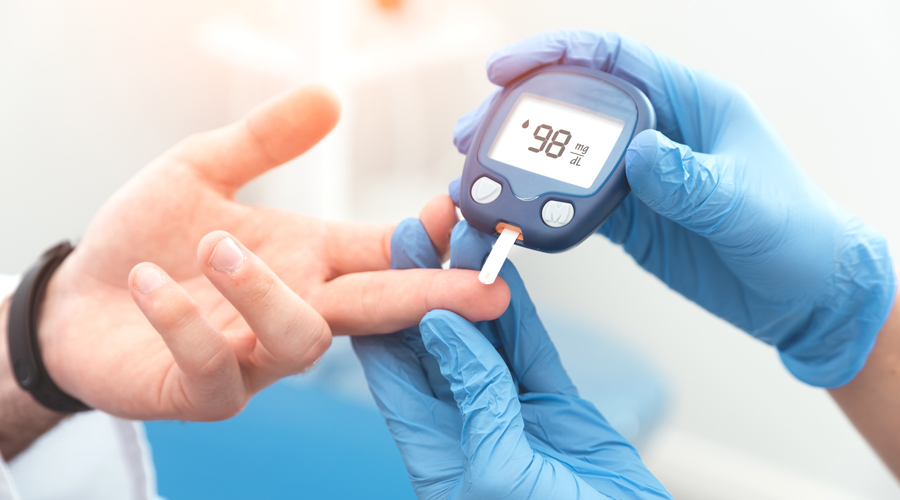The health regulatory commission is planning to prepare safety guidelines for diagnostic centres to prevent sudden deaths of patients at such facilities while undergoing examinations.
The move was prompted by the death of a woman who collapsed during a CT scan procedure and eventually died at Quadra Medical Services, on Hazra Road, recently.
The West Bengal Clinical Establishment Regulatory Commission probed the complaint of medical negligence against the diagnostic centre filed by the deceased woman’s daughter.
Retired judge Ashim Banerjee, the commission’s chairperson, said a detailed examination found that Quadra Medical Services was not guilty of medical negligence. The case was among the “rarest of the rare”, he said on Thursday.
“We conducted a detailed examination. After looking into everything, we came to the conclusion that this fell in the category of the rarest of the rare incidents. We did not find any medical negligence,” he said.
The complainant had taken her mother to the diagnostic centre for some tests. She underwent a CT Scan of the abdomen. As a contrast was being injected, the patient collapsed and died shortly after.
A contrast usually refers to a substance taken by mouth or injected into an intravenous line that helps to study a particular organ or body part with increased clarity.
“This case is an eye-opener. We are mulling some precautionary steps to prevent such incidents,” said Banerjee.
He told The Telegraph later that one of the “possible steps” was an advisory to such centres to keep a “recovery room” ready for such emergency situations.
“The centres can have a recovery room where such patients can be taken in case of a crisis. But we have not finalised anything,” he said.
Pinak Pani Bhattacharya, a consultant radiologist at Quadra, said the patient suffered from what is medically known as an “anaphylactic reaction” while the contrast was being administered. It is a form of an allergic reaction.
“She died within 30 minutes. We tried our best to save her. Everything was done according to latest safety protocol,” he said.
Officials of several private hospitals suggested safety arrangements to prevent such deaths.
“There should be a crash trolley containing life-saving drugs including one to control a falling blood pressure. Also AMBU bag (a handheld tool to provide positive pressure ventilation) and a doctor and set of nurses who can perform cardiopulmonary resuscitation or CPR to revive a patient who has collapsed,” said the official of a private hospital.
An official of another hospital said in case of a patient collapsing at a hospital during such investigations, he or she is immediately taken to the intensive care unit.
“Since these diagnostic centres don’t have intensive care units, ideally they should tie up with nearby hospitals which have ICU facilities. There should be arrangements to shift such patients immediately to the bigger facility on an ambulance equipped to ventilate a patient,” said the official.
The Quadra official said they had a team of doctors, including a cardiologist, to respond to a critical situation.
“Usually, we advise patients coming for critical tests to consult a doctor before coming. So that they can be taken to a hospital in case of an emergency. For example, biopsy causes bleeding and in some cases, patients need hospitalisation. We have also arranged for hospitalisation of patients who came for tests,” he said.
An official of a diagnostic centre, who requested anonymity, said keeping a dedicated specialist doctor was often financially unviable.
“A critical case happens once in a long time. But to keep an intensive-care specialist, we have to pay him a big amount every month,” he said.
